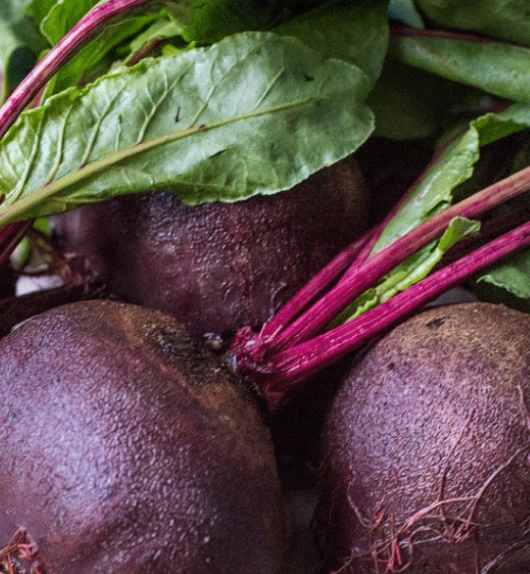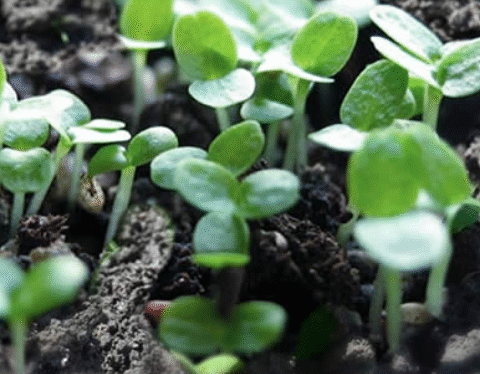11 Powerful Reasons Why You Should Eat Beetroot Every Day
Beetroot’s vibrant hue, sweet-earthy flavor, and nutritional credentials make it one of nature’s most impressive superfoods. Whether juiced, roasted, or blended into smoothies, this humble root offers a host of health benefits—from enhanced stamina to glowing skin. In this SEO-optimized deep dive, we explore 11 compelling reasons to make beetroot a daily diet staple. We also provide expert insights, actionable tips, and FAQs to help you embrace beetroot in delicious, practical ways.
Table of Contents
- 1. Boosts Energy & Stamina
- 2. Lowers Blood Pressure
- 3. Supports Heart Health
- 4. Improves Digestion
- 5. Detoxifies the Liver
- 6. Enhances Brain Function
- 7. Supports Weight Loss
- 8. Improves Skin Health
- 9. Boosts Immune System
- 10. Supports Eye Health
- 11. Promotes Healthy Blood Sugar Levels
- How to Include Beetroot Daily
- Nutrition & Health Benefits Table
- 10 Common FAQs
1. Boosts Energy & Stamina
Why it matters: Beetroot is naturally high in nitrates, which your body converts to nitric oxide—enhancing blood flow and oxygen delivery to muscles. This leads to increased endurance and a noticeable resilience during workouts.
Expert insight: “Athletes often consume beetroot juice 30 minutes pre-workout for a performance lift,” notes Dr. Leila Nour, a sports nutrition specialist.
Tip: Start your morning or pre-workout routine with a glass of fresh beet juice to kickstart stamina.
2. Lowers Blood Pressure
Thanks to its nitrates, beetroot supports the expansion of blood vessels through nitric oxide, helping maintain healthy blood pressure levels and reducing hypertension risk. Prof. Mark Benson, a cardiovascular researcher, emphasizes its role as a natural vasodilator.
Tip: Regularly sip beetroot juice or consume roasted beets to support heart health and healthy circulation.
3. Supports Heart Health
Beyond nitrates, beetroot contains betaine and folate—key nutrients that lower homocysteine, an amino acid linked to vascular damage. This helps maintain strong artery integrity and supports overall cardiovascular function.
Tip: Add roasted beet slices to everyday salads for a heart-boosting boost.
4. Improves Digestion
Beetroot’s rich fiber content aids digestion by adding bulk to stool and supporting healthy gut bacteria. This promotes regular bowel movement and overall gut wellness.
Expert insight: “Fiber acts as nourishment for probiotics,” explains Dr. Nour, “helping maintain a balanced gut microbiome.”
Tip: Grate raw beet into salads or wraps for an easy fiber upgrade.
5. Detoxifies the Liver
Beetroot is rich in betalains—natural antioxidants that support liver detoxification pathways and reduce oxidative stress. These compounds help your liver process toxins effectively.
Tip: Try a cleanse-friendly juice: beetroot + carrot + lemon + ginger to support liver health.
6. Enhances Brain Function
Brain health hinges on good circulation. Beetroot’s nitrates help increase blood flow to the brain, enhancing memory, focus, and reducing age-related cognitive decline risks.
Tip: Start your day with a capsule of beetroot smoothie to boost mental clarity and concentration.
7. Supports Weight Loss
Low in calories but rich in fiber, beetroot helps you feel full longer—cutting down total calorie intake without sacrificing satisfaction. It’s perfect for anyone seeking a gentle path to weight control.
Tip: Use beetroot in soups, salads, or as a guilt-free snack to add bulk without extra calories.
8. Improves Skin Health
Beetroot’s antioxidants and anti-inflammatory properties combat acne, blemishes, and signs of premature aging—providing a clear, radiant complexion. Beta-carotene and vitamin C also support collagen and skin rejuvenation.
Tip: Drink beet juice daily, or apply a DIY beetroot face mask (pureed beet + honey) once a week for a natural glow.
9. Boosts Immune System
Loaded with immune-supportive nutrients—vitamin C, iron, and zinc—beetroot strengthens the body’s defenses. These nutrients aid white blood cell health and overall reaction to pathogens.
Tip: Include grated beetroot in summer salads or soups to boost nutrition and flavor.
10. Supports Eye Health
Rich in beta-carotene, beetroot fuels vitamin A production—vital for vision. Its antioxidant content also shields eyes from oxidative stress that can impair sight over time.
Tip: Pair beetroot with carrots and sweet potatoes for a vision-boosting meal.
11. Promotes Healthy Blood Sugar Levels
Beetroot’s low glycemic index avoids spikes in blood sugar, making it a diabetic-friendly sweet option. The natural sugars in beet also provide flavor without insulin surges.
Tip: Use beetroot puree or juice as a natural sweetener in desserts or smoothies for flavorful, lower-GI options.
How to Include Beetroot in Your Daily Diet
- Beetroot Juice: Blend beets with apples, carrots & lemon.
- Beet Smoothie: Mix with spinach, banana & almond milk.
- Roasted Beet: Tastiest when tossed with olive oil, salt & pepper.
- Beet Soup: Combine beets, onion, garlic & veggie broth.
- Raw Beet Salad: Grate into leafy greens with nuts & feta.
- Beet Hummus: Puree cooked beets with chickpeas, tahini & garlic.
Nutrition & Health Benefits Table
| Nutrient | Amount (1 cup cooked, 170 g) | Benefit |
|---|---|---|
| Calories | 59 kcal | Low-calorie, weight-friendly |
| Fiber | 4 g | Supports digestion & satiety |
| Vitamin C | 7 mg (8% DV) | Immune & skin health |
| Folate | 148 µg (37% DV) | Heart, homocysteine regulation |
| Betalains | ~90 mg | Liver detox & antioxidants |
| Nitrates | 300–400 mg | Blood pressure & endurance |
| Beta‑carotene | 0.5 mg | Eye & skin protection |
| Iron | 1.1 mg | Energy & immunity support |
| Zinc | 0.4 mg | Immune function |
10 FAQs About Beetroot
- Q1: Can I eat beet greens?
A: Yes! Beet tops are rich in vitamins A & K—sauté or add to salads. - Q2: Are there any side effects?
A: Beet may cause red discoloration in urine/stools (harmless beeturia). - Q3: How much beet juice per day?
A: 200–300 ml is sufficient for benefits—avoid excess to limit oxalate accumulation. - Q4: Is beet juice safe during pregnancy?
A: Generally yes; rich in folate but consult your OB‑GYN if in doubt. - Q5: Can diabetics consume beet?
A: Yes, but monitor portions due to natural sugars. - Q6: Does beet interact with medications?
A: Its blood‑pressure lowering effects can amplify antihypertensives—consult your doctor. - Q7: Best way to store raw beets?
A: Keep unwashed in a breathable bag in the fridge for 2–3 weeks. - Q8: Roasted vs. raw—health difference?
A: Roasting enhances flavor and preserves most nutrients; raw retains more enzymes. - Q9: Can I grow beets at home?
A: Yes—plant in well‑drained soil 2–4 weeks before spring frost. - Q10: Recommended for kids?
A: Absolutely—blend into smoothies or pancakes for a nutrient boost.
From heart health to glowing skin, improved digestion, and stable energy levels, beetroot earns its superfood status. Whether you juice it, roast it, or puree it into hummus, including beetroot in your daily diet is a practical and flavorful way to improve health.
Try adding beetroot today—your body, mind, and skin will thank you!






